
Bonaire, Sint Eustatius and Saba
Imagine waking up to turquoise waters, palm-fringed beaches, and the gentle sound of Caribbean waves - while still technically being in the Netherlands! Welcome to Bonaire, Sint Eustatius, and Saba (affectionately known as the BES Islands), three tropical gems that offer a unique blend of Dutch efficiency and laid-back island vibes. As special municipalities of the Netherlands, these islands combine the security of European governance with the adventure of Caribbean living. Bonaire, with its world-renowned diving spots and flamingo sanctuaries; Sint Eustatius (or 'Statia'), rich in historical sites and untouched natural beauty; and Saba, home to the aptly-named Mount Scenery and spectacular marine life - each island offers its own slice of paradise. For seasonal workers, the BES Islands present an extraordinary opportunity to gain international experience in tourism, hospitality, marine conservation, and diving industries, all while living in what many consider to be the Caribbean's best-kept secret. Ready to trade your office cubicle for coral reefs and your winter coat for flip-flops? Let's explore what working life could look like on these sun-drenched Dutch Caribbean islands! 🌴🐠
Featured jobs in Bonaire, Sint Eustatius and Saba

Spend a summer as a kids activity leader at a beach resort
Are you ready to be a leader, a team player, and the ultimate creator of holiday magic? If so, welcome to the adventure of a lifetime at our Children’s Club Team!

Work as waiter (m/f/d) at a beautiful beach restaurant in Zeeland (car needed)
Always wanted to work on the beach? A beach pavilion in Zeeland is looking for motivated service staff for the coming season! This is your chance if you love gastronomy, enjoy the sea and want to experience a great adventure.
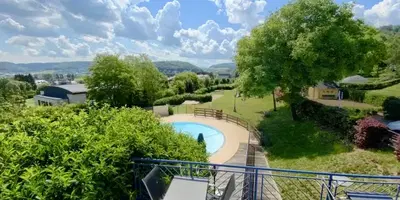
Work with your partner or friend at a campsite in Luxembourg! (€2300)
Fancy a summer working at a vibrant resort? We are looking for enthusiastic employees to join our team from April to September 2026. Good salary, accommodation available and flexible working hours - what more could you want? ☀️🍽️
Why work in Bonaire, Sint Eustatius and Saba?
The unique status of the BES Islands as special municipalities of the Netherlands creates exceptional work opportunities for EU citizens. Unlike many Caribbean destinations, EU nationals (including Dutch citizens) don't need work permits to seek employment here - you have the same rights as you would in mainland Europe, while enjoying life in a tropical paradise! This seamless arrangement significantly simplifies the usually complex process of finding international work, making these islands particularly accessible for young Europeans seeking seasonal experiences abroad.
The tourism industry forms the backbone of employment opportunities across the islands, with Bonaire leading the way as a world-class diving destination. Dive instructors, tour guides, hotel staff, restaurant workers, and yacht crew are in constant demand, especially during the high season from December to April when northern visitors escape winter. Marine conservation projects also offer unique positions for those with relevant experience or education - imagine monitoring coral reefs or protecting sea turtle nesting sites as part of your job! Bonaire's salt production facilities, Saba's medical school, and growing digital nomad infrastructure create additional niche opportunities beyond traditional tourism roles.
Beyond the practical benefits, working in the Caribbean Netherlands offers an unparalleled lifestyle experience. These islands combine the best of both worlds: the reliable infrastructure and administrative systems of the Netherlands with the relaxed Caribbean pace of life. The multicultural environment enhances both your personal and professional growth - you'll work alongside locals with deep island heritage, Europeans, Americans, and other international colleagues. The small population (Bonaire has about 20,000 residents, while Saba and Sint Eustatius each have fewer than 2,000) creates tight-knit communities where networking happens naturally. Many employers offer accommodation as part of their employment packages, helping overcome the limited housing market and allowing you to save more of your earnings for island adventures or future travels.
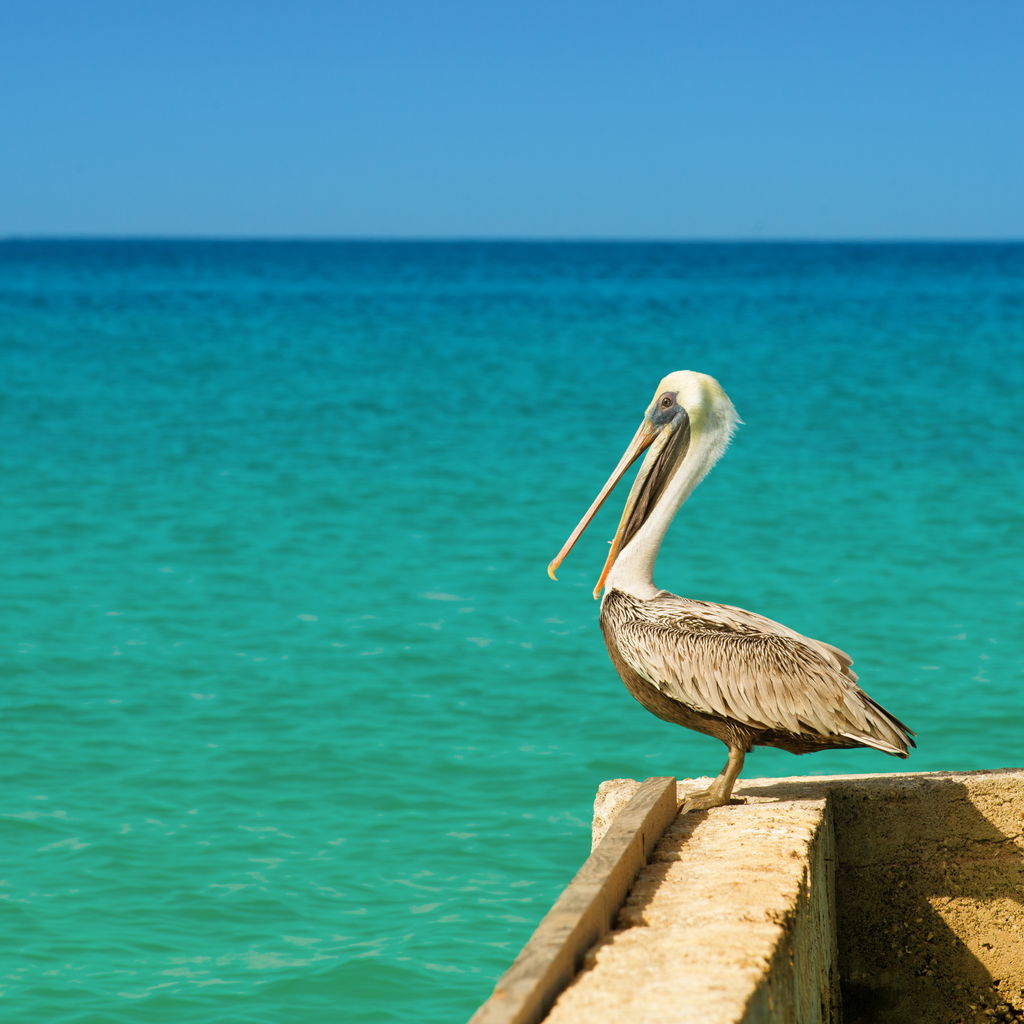
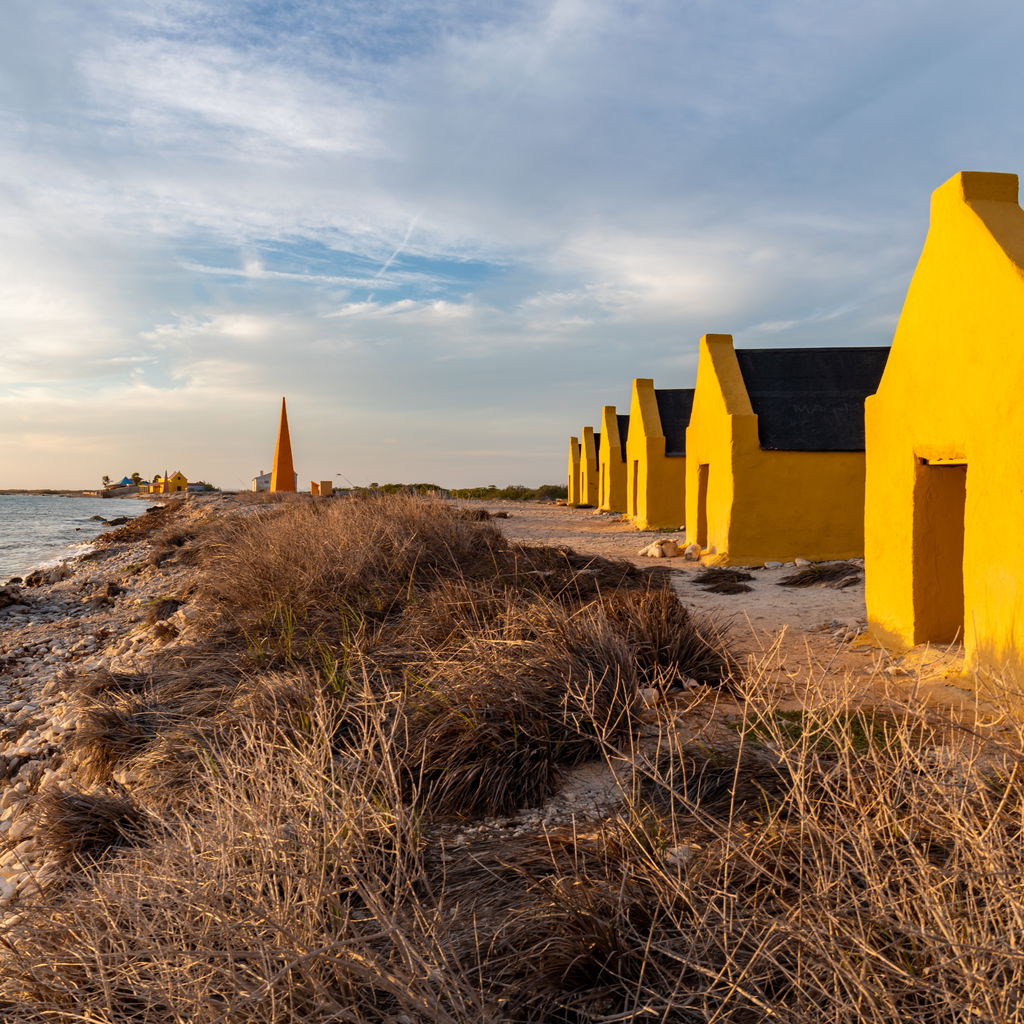
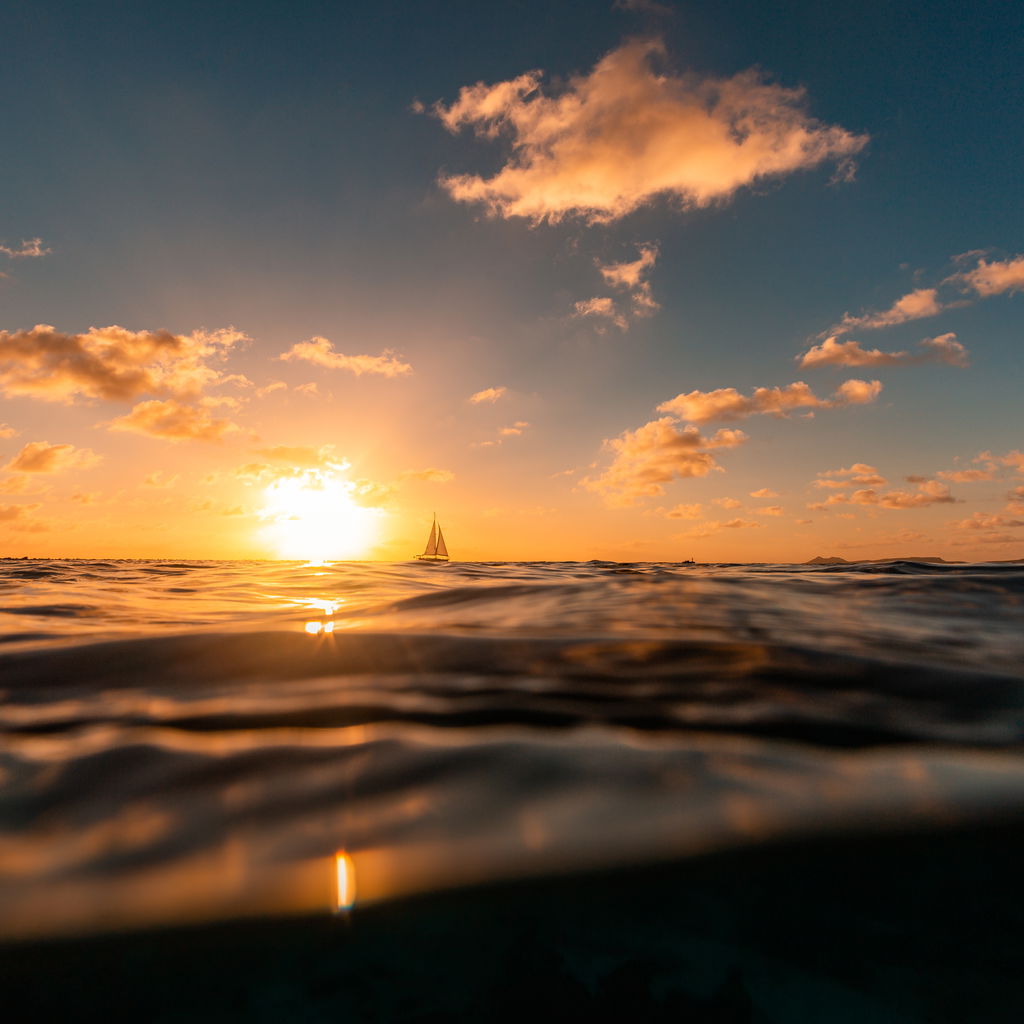
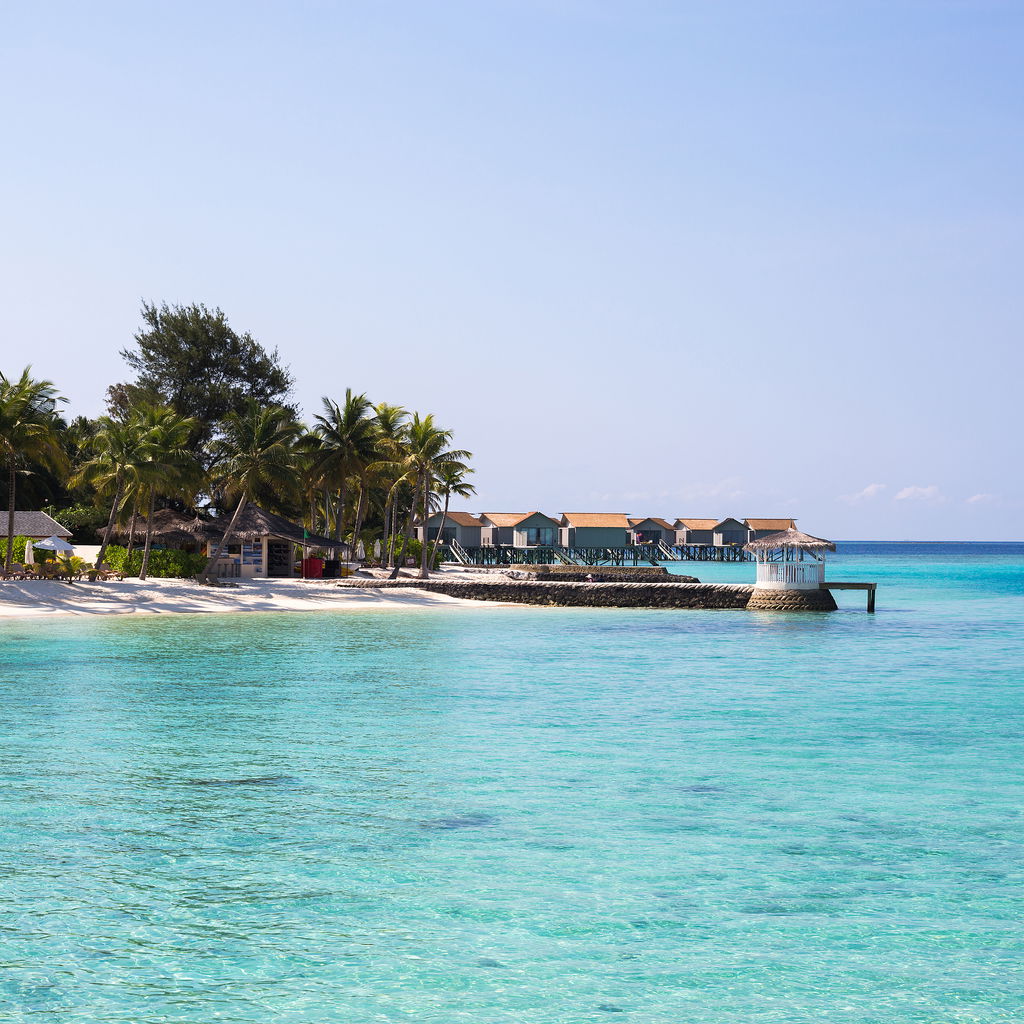
Weather & climate
The BES Islands enjoy a tropical climate that makes them an attractive destination for seasonal workers seeking perpetual summer. With average year-round temperatures hovering between 26°C and 30°C, you can say goodbye to winter clothes and hello to lightweight, breathable attire every day of the year. The trade winds provide a constant pleasant breeze that moderates the tropical heat and keeps humidity bearable, especially on Bonaire and Saba. While the islands follow the Caribbean pattern of dry and wet seasons, they lie outside the main hurricane belt, experiencing fewer severe storms than many other Caribbean destinations - an important consideration for year-round work security.
Seasonal variations do exist, creating distinct high and low tourism periods that directly impact job availability. The high season typically runs from December to April, coinciding with winter in Europe and North America when visitors flock to the islands to escape cold weather. This period sees the lowest rainfall, near-perfect temperatures, and consequently the highest demand for tourism workers. The shoulder seasons (May-June and November) offer pleasant conditions with fewer tourists, while the low season (July-October) brings slightly warmer temperatures, occasional brief rain showers, and reduced tourism. For water-based activities like diving - a major industry on Bonaire - water visibility remains excellent year-round, though some dive operators reduce their schedules during the low season. This climate pattern creates excellent opportunities for seasonal workers to either enjoy peak earning potential during the high season or find more relaxed working conditions with potentially lower competition for jobs during the off-season.
Jan
Feb
Mar
Apr
May
Jun
Jul
Aug
Sep
Oct
Nov
Dec
Start your adventure today!
Ready to swap your everyday routine for island living in the Dutch Caribbean? Yseasonal is your gateway to exciting seasonal work opportunities on Bonaire, Sint Eustatius, and Saba! Whether you're a diving enthusiast looking to turn your passion into a profession, a hospitality professional seeking international experience, or simply craving a meaningful adventure in paradise, we've got connections with reputable employers across all three islands. Our platform specializes in matching EU candidates with vetted Caribbean Netherlands positions, handling all the complexities so you can focus on preparing for the experience of a lifetime. Don't just dream about palm trees and turquoise waters - make them your office view! Create your Yseasonal profile today, explore our curated BES Islands job opportunities, and take the first step toward combining career development with Caribbean adventure. Your tropical work experience is just one application away! 🏝️✨
Frequently asked questions
These Caribbean gems offer plenty of sunshine AND job opportunities! 🌴 The tourism sector dominates with positions in dive shops, beach resorts, and restaurants being the most common. Diving instructors are particularly in demand (got your PADI cert yet?). You'll also find work in water sports, tour guiding, hospitality, and conservation projects. The islands' growing eco-tourism focus means environmental work is on the rise too. Keep in mind that Bonaire has the most developed tourism infrastructure of the three, so you'll find more options there compared to the smaller Sint Eustatius and Saba.
It depends on your nationality, but most likely yes! 📝 Since these islands are special municipalities of the Netherlands (surprise!), EU citizens generally have an easier time. If you're from the EU, you don't need a work permit, but you do need to register locally. Non-EU folks will need both a residence permit and a work permit, which your employer usually helps arrange. The process can take 3-6 weeks, so don't leave it until the last minute! The good news? The paperwork is typically simpler than for many other Caribbean destinations. Just make sure your passport is valid for at least 6 months beyond your planned stay.
Not gonna lie - paradise comes with a price tag! 💸 Since almost everything is imported, expect European or higher prices for most goods. Monthly rent for a basic apartment starts around $700-900, but many seasonal workers share accommodation to cut costs. Food shopping can be pricey (think $5-7 for a coffee and $15+ for a basic meal out), but cooking at home helps save money. Utilities including internet run about $150-200 monthly. The good news? Many seasonal jobs in tourism include staff meals and sometimes even accommodation. Plus, you won't need much winter clothing (hello, year-round summer!), and many leisure activities like hiking and beach-going are completely free. Budget tip: Bonaire tends to be the most expensive, while Saba and Sint Eustatius can be slightly more affordable.
Good news for the linguistically challenged! 😅 English is widely spoken and will get you through most work situations, especially in tourism. Dutch is an official language (these are Dutch municipalities after all), so Dutch speakers definitely have an advantage for certain positions, particularly administrative roles. Papiamento (a creole language) is commonly spoken by locals on Bonaire, while English is actually the main language on Saba and Sint Eustatius. Spanish can be useful too given the proximity to South America. For most seasonal jobs in hospitality and tourism, solid English is enough to get hired, but knowing Dutch or Spanish will definitely make your application shine brighter than a Caribbean sunset. And honestly, learning a few Papiamento phrases will win you major points with the locals!
Get ready for the ultimate work-life balance! 🏝️ Off-duty life on these islands is all about embracing the Caribbean rhythm. Each island has its own character: Bonaire is the most lively with beach bars, restaurants, and a small but fun nightlife scene. Water activities dominate free time - diving in Bonaire (a diving mecca!), snorkeling, windsurfing, and kiteboarding are all popular. Saba offers incredible hiking (they don't call it the 'Unspoiled Queen' for nothing) with its cloud forest and volcanic peak. Sint Eustatius is perfect for history buffs and those seeking tranquility. Seasonal workers typically form tight-knit communities, so you'll quickly make friends for beach BBQs and island exploration. Don't expect big shopping malls or clubs like in Europe - the joy here comes from simpler pleasures, stunning nature, and that unbeatable Caribbean sunset with a cold drink in hand. The pace is definitely slower, but that's exactly the point!